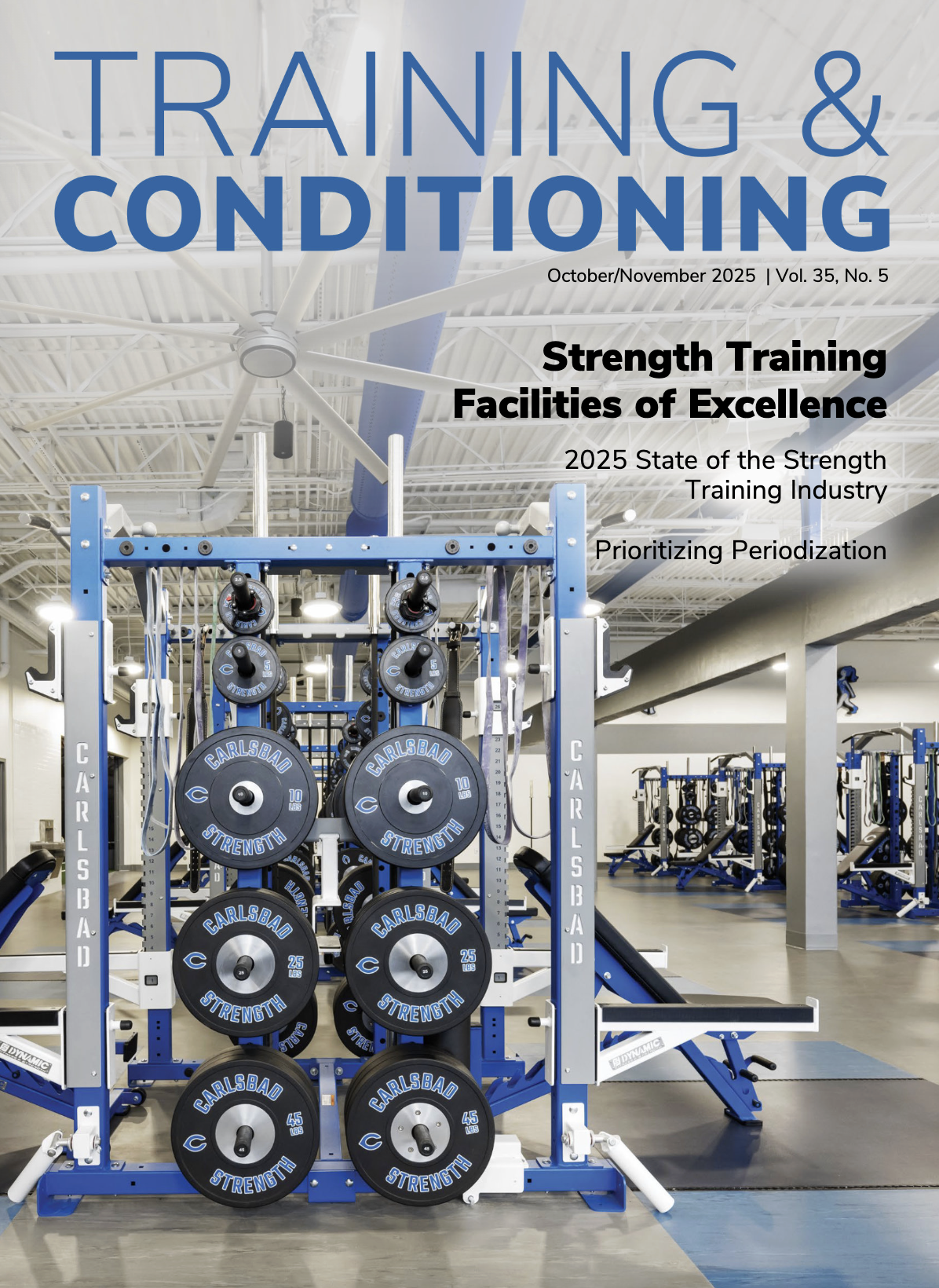Nov 9, 2018Fight Against Vaping

The GazetteXtra recently took a look at the use of e-cigarettes among student-athletes in Wisconsin high schools. It found that while most districts prohibit vaping, the practice remains on the rise.
Tim Collins, Athletic Director for Big Foot High School in Walworth, Wis., said some students use e-cigarettes because they are easy to obtain, and the students may not believe that vaping is harmful.
“They’re so easy to conceal and so readily available,” Collins said. “From what I understand, you can go on the internet, click a box that says you’re 18 and buy it.”
The Food and Drug Administration’s Youth Tobacco Survey reports that in 2017, 2.1 million youths used e-cigarettes. In the same year, Janesville (Wis.) High School students participated in an anonymous Youth Risk Behavior survey, which found that 22 percent of respondents used e-cigarettes in the past 30 days and four percent used them on a daily basis.
“I always caution kids who might say, ‘Well, everybody’s doing it,'” Ben McCormick, Janesville’s Athletic Director, said. “That’s just not the case. Some of the people, maybe some of the so-called popular kids, are doing it, maybe it seems like everybody’s doing it. The data says most kids are not doing it. Is it increasing? Yes, but the vast majority of kids are still making good decisions.”
Punishments for e-cigarette use vary, but most Wisconsin school districts punish violators by having them miss 20 to 25 percent of a season. That translates to six games for a basketball player or two for a football player.
“At our school, we’ve made the general rule that you cannot possess one, period,” Collins said. “We’ve had them. We caught one because it fell out of their pocket, one that was caught in the bathroom doing it. But otherwise, it’s hard to detect. You can tell a smoker just by smelling them when they walk into the room. But these are so tiny and they don’t smell.”
McCormick said he has taken a proactive approach to combating e-cigarette use.
“I think you constantly work on educating,” McCormick said. “I encourage our coaches to talk to their players and encourage parents to talk to their kids about making good choices.”


